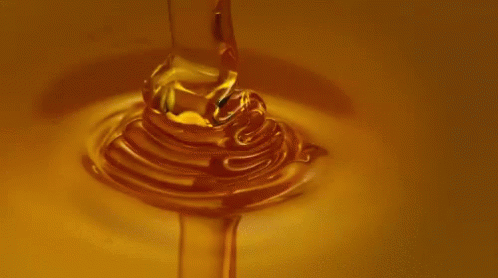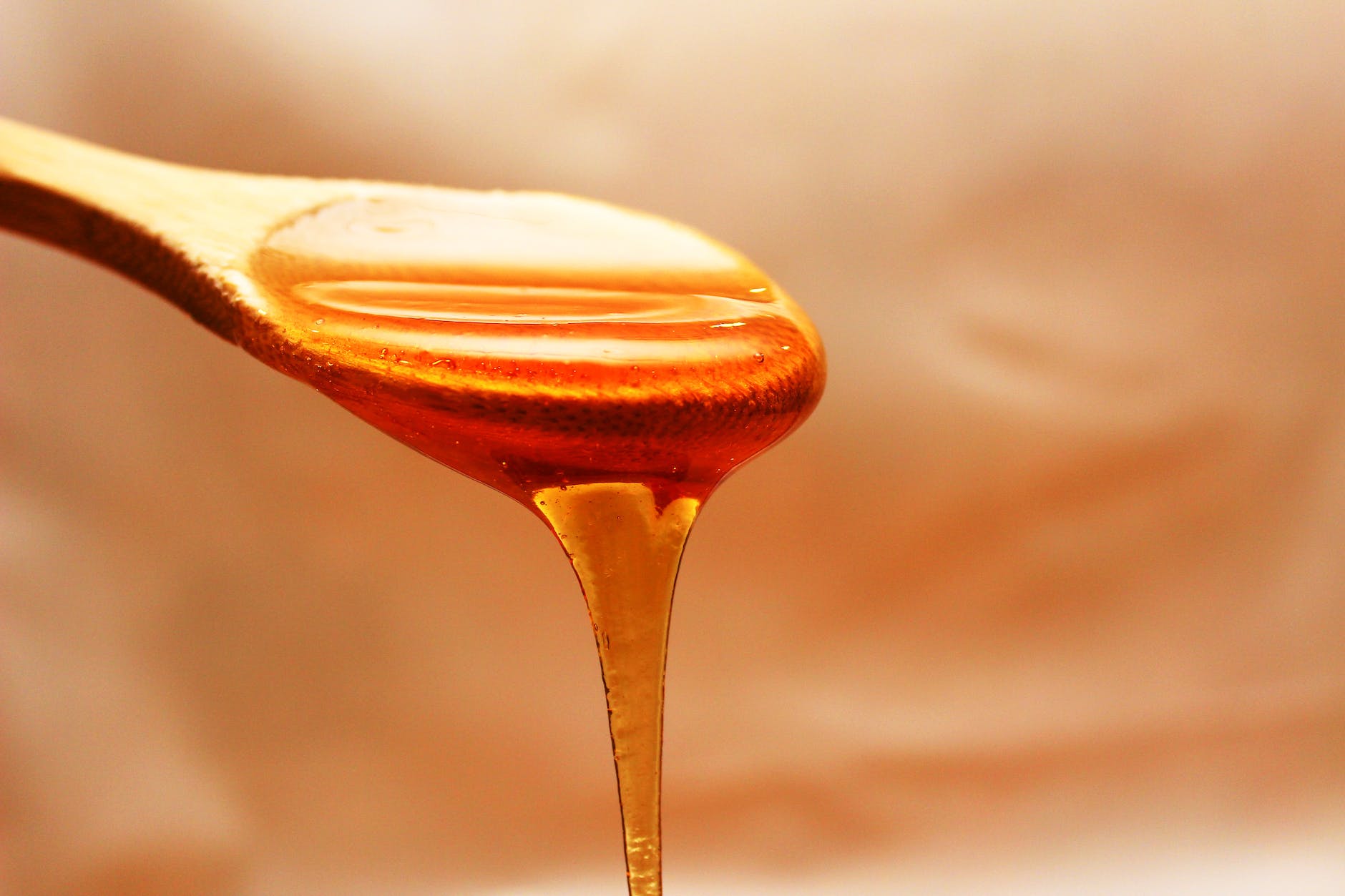I’ve heard of manuka honey many times in the past, but I never knew how potent it is in protecting our bodies from diseases. Only after I tried it was when I realized that it had to be present in everyone’s cupboard.
What is in Manuka Honey?
Known for its antibacterial effect, manuka honey is formed when bees move pollens from the plant Leptospermum scoparium. The native manuka bush helps make honey its unique properties not present in other honey.

What makes manuka honey special is because of the certain conditions that make it harder to collect. For one, you can’t choose what plants bees will go to collect nectar, so hives should be placed the nearest for the bees’ convenience.
Another thing to take note of is that weather conditions affect how much nectar is produced from each bush. And the flowers only bloom for 2 to 6 weeks within a year making it more limited for the production of manuka honey.
Manuka Honey benefits

Many people claim to experience the goodness of manuka honey benefits once they added it to their diets. Are you still in doubt about whether to splurge on a bottle? Here are some science-backed evidence of why you should have it at home.
Antibacterial
Manuka honey can kill many harmful bacteria that we commonly encounter. Some of them are Staphylococcus aureus, Streptococcus, and Clostridium difficile. According to research, honey seems to kill different kinds of bacteria that form an outer layer, making it untreatable.
For this reason, all the more you should add manuka honey to your diet. Thankfully, there is no known bacterial resistance for honey yet. So, you can easily protect yourself when you incorporate honey into the food you eat.
Cough relief

I never knew how powerful manuka honey is in treating coughs until I tried it. After ingesting a teaspoon of the honey, my son stops coughing and had no more runny nose. Pedias don’t advise the use of cough syrups for younger kids, so it’s really hard as a parent to see your child coughing nonstop.
So, when I learned about manuka honey, I immediately tried it to see if it really works. And to my amazement, it really does wonders. To make it more believable, many studies also prove how effective it is in relieving cough.
Klook.comA research group studied subjects with persistent coughs suffering for more than 3 weeks to see if honey will be helpful. The results showed that those who took honey had better cough relief than those who took over-the-counter drugs.
Even though the scientists didn’t use manuka honey for their subjects, I believe that it would show better results than honey. Because based on experience, we already saw how fast it is at relieving cough in our child.
Prevent gastric ulcer
If you are a busy bee, then you must be a candidate for gastric ulcer. Busy people may skip a meal or two due to their hectic schedules. If you are one who suffers from gastric ulcer, you might want to consider trying manuka honey.
The powerful honey (or even other raw honey) has been shown to stop the growth of Helicobacter pylori. H. pylori is the bacteria that causes the majority of peptic ulcers. A test-tube study found that honey can affect the growth of H. pylori by stopping the protein activations.
Wound healing

If someone laughs at you when you say you use manuka honey for wound healing, then it’s time you laugh harder at that person. A study proves that the antibacterial effects of manuka honey help prevent further infection of wounds, thereby promoting healing.
The same study found that cancer cells stopped growing in the presence of manuka honey. Not only that, manuka honey affects the molecular processes of cancer growth. The study also found that honey helps with tissue regeneration for full healing of the skin.
How to take Manuka Honey?
You can take honey in any way you want. Some add it to their favorite beverage to add a unique flavor, while others just add it to plain water. You can also eat it directly or add it to your salad dressings to enjoy your veggies more.
Some even apply it to wounds for healing! I haven’t tried it yet, but maybe I’ll do it next time if needed. For now, we just eat it raw because of its great taste!
Klook.comAre you curious how much manuka honey to take? You can have a teaspoon a day to maintain a healthy well-being. Choose one with a higher MGO for more protection, especially during the colder months or the flu season.
Not for babies
While honey has a whole lot of benefits for the body, we advise taking caution when you have babies. You should avoid giving honey to babies below one-year-old as it might cause infant botulism.
Raw honey may have Clostridium botulinum which can cause muscle weakness, constipation, and floppiness. As children grow older, their digestive systems mature, thereby helping with the movement of the bacteria out of their bodies before it causes harm.
The takeaway
Manuka honey is one of the heaven-sent gifts that we all need in our homes. It is especially helpful for parents with young children who are vulnerable to diseases lurking in any corner. We wouldn’t want to just give any drug to cure our children’s illnesses.
So, the best way for us to show our love and care is by giving the best we could for our children. And I think that having honey easily accessible in the kitchen is one of the best things we could ever give our child.
Best of all, it tastes great too (my kid loves it to bits and gets excited when he sees me holding the bottle) so you won’t have problems feeding it to kids.
Have you tried manuka honey yet? Where else do you use it for? I’d love to hear about your success stories in the comments section below!













